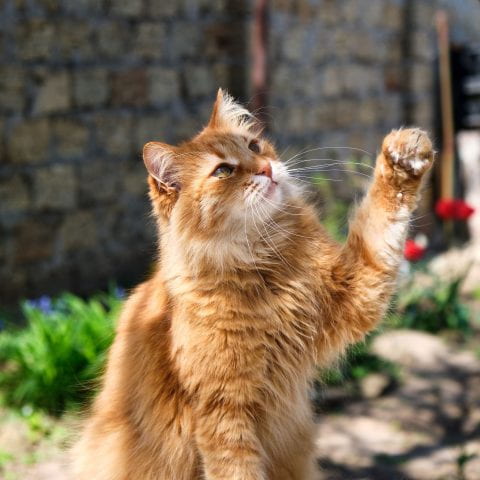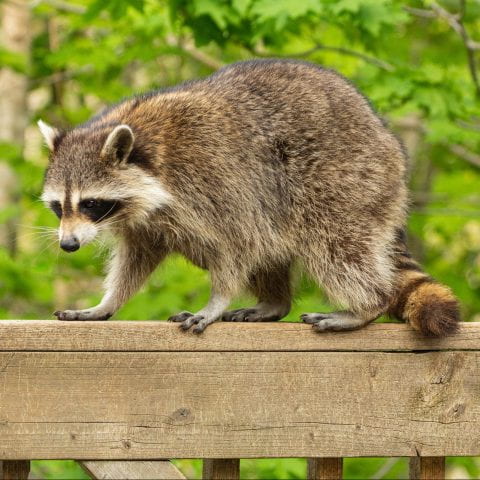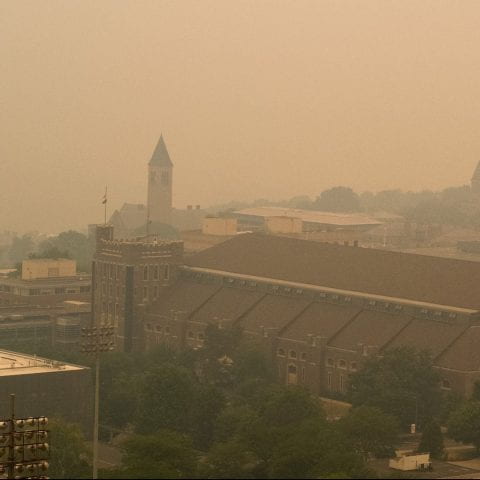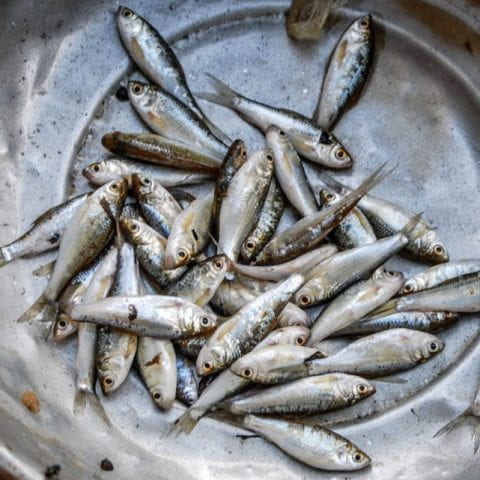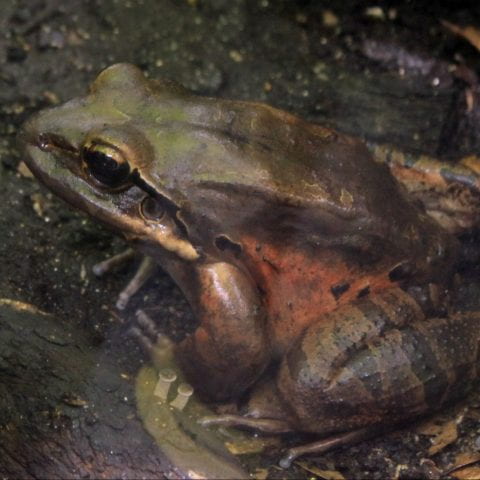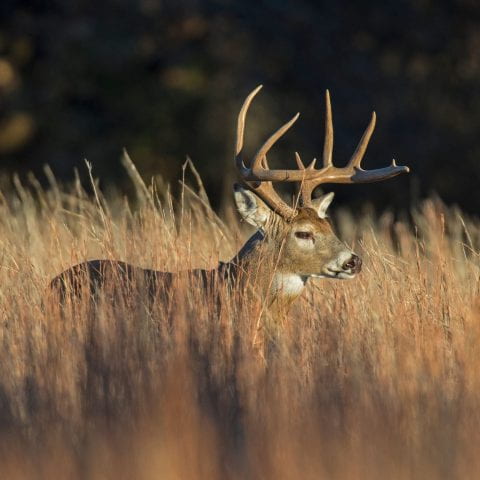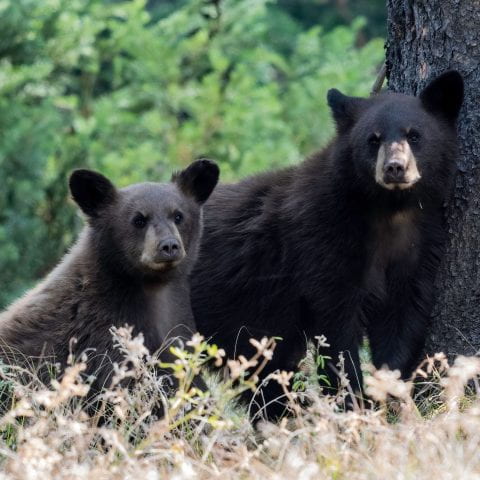Better education for cat owners, more communication from veterinarians, increased drug choices and cheaper, rapid diagnostic tools can help improve antimicrobial use in cats, which has important implications for rising antimicrobial resistance in animals and humans,...
To highlight how local partnerships improve Cornell, Ithaca and Tompkins County, the university presented the Cornell Town-Gown Awards – known as the TOGOs – to three student-community collaborations The 13th annual TOGOs were awarded Nov 4 at Ithaca High...
When two dogs imported to Canada from Iran on separate occasions in 2021 developed deadly canine rabies, alarm bells rang loudly for public health officials They scrambled to trace dozens of people who may have been in contact with the animals' saliva to give...
When wildfires draped heavy smoke over much of the state this summer, nearly half of all New York counties lacked real-time information to determine air quality Now, a Cornell researcher is leading an effort to install air-quality sensors in 28 upstate counties where...
Across Cornell, 56 research projects have received federal funding to explore topics that will support New York’s food supply, economy and well-being They include teaching young people financial literacy skills, assessing the economic opportunities for dairy...
The mountain chicken frog was once so abundant in Dominica, with thousands found across the island, that it became a national delicacy, supposedly tasting of chicken Now, a new survey has found only 21 left in the Caribbean island nation The species’ population has...
Chronic wasting disease — which affects deer, elk and moose — continues to spread throughout the Great Plains and Midwest Just this year, authorities in western Oklahoma detected the state’s first case in a free-ranging deer After about 40 years of...
In September 2020, an American black bear cub was treated in the Janet L Swanson Wildlife Hospital after being hit a car Six days later, the cub was sent to a rehabilitation center and then released to the wild This could have been the end of the story, except that...
The health and economic impacts from infectious disease emergence are substantial Pathogens that are transmitted, or spill over, between animals and people are the source of most emerging infectious diseases in humans Indeed, spillovers sparked five viral pandemics...
Dr Raina Plowright, the Rudolf J and Katharine L Steffen Professor of Veterinary Medicine in the Department of Public and Ecosystem Health, has been elected to the National Academy of Medicine (NAM) This is one of the highest honors in the fields of health and...
For more than a quarter century, the USDA has been tracking levels of food insecurity in the United States with a standardized tool, the Household Food Security Survey Module (HFSSM) But little research had verified how the survey’s questions were being understood...
The early days of the COVID-19 pandemic held great uncertainty Many people faced job losses or reduced incomes, while media images of empty supermarket shelves and stories about dumped milk showcased the effects of disrupted supply chains and stirred up food scarcity...

